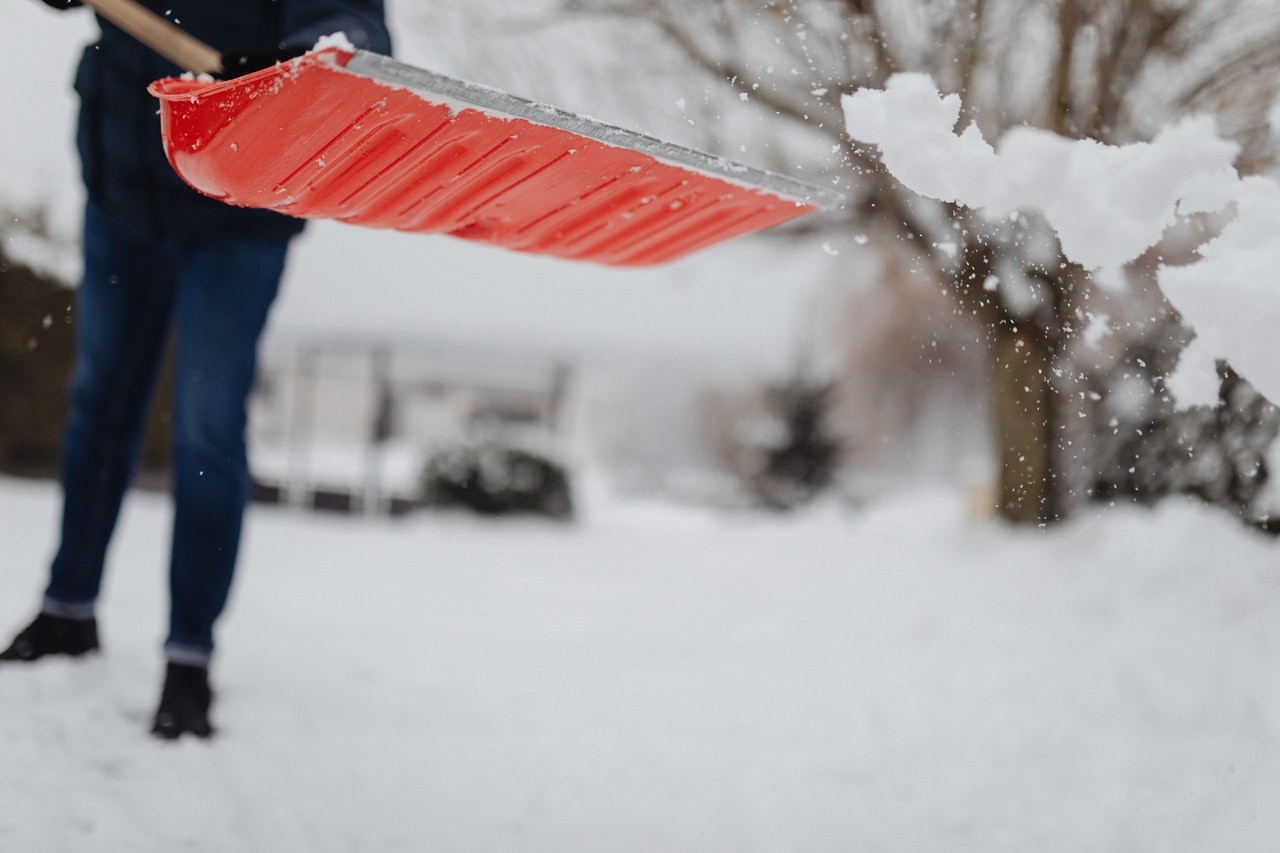As we emphasized heavily in our blog post about how potholes form, water is one of the biggest enemies of asphalt pavement - particularly when it goes through freeze-thaw cycles. Denver gets its fair share of cold temperatures mixed with precipitation which makes asphalt driveway maintenance in the Winter an important concern. While following a good asphalt maintenance plan year-round is the best recipe for strong, long-lasting pavement, keeping up with the following precautions and tips during winter months can be especially crucial to maintaining a surface that lasts for years to come. Read on for our winter-specific maintenance tips for your asphalt driveway or parking lot.
Stay On Top of Repairing Cracks
Crack repair is one of the most important asphalt maintenance measures no matter the time of year. Cracks are one of the first signs that your pavement is deteriorating, but they can also be something of a tipping point. If you leave cracks in disrepair, this allows water and other materials to get into the sublayers of the pavement which is where the real problems start. It particularly becomes a problem is when that water starts to undergo the freeze-thaw cycle - the expanding and contracting water causes the pavement itself to also expand and contract, forming empty pockets that eventually collapse and turn into potholes or expand into large sections of alligator cracks, eventually requiring more involved and costly repairs or replacement.
If you really want to knock your asphalt driveway maintenance out of the park, not only be diligent in repairing cracks as you see them appear, but especially be sure to repair all cracks and even do a fresh seal coat before the winter weather hits. Preventing water seepage into your pavement during the freeze-thaw seasons is one of the best ways to prevent major deterioration so you don't waste money on a premature asphalt driveway or parking lot resurfacing.
Prompt Snow Removal
To build off the previous section, it's pretty obvious that leaving frozen water or ice on your asphalt for extended periods of time may greatly increase the risk that it will cause or expand cracks. So, this one is simple - when it snows, clear your driveway as soon as possible. This helps avoid ice buildup too, which is an added plus for safety and convenience.
Another important note regarding this is to avoid metal or otherwise heavy-duty shovels when clearing snow and ice - these are a a great tool for bypassing nature's freeze-thaw and cracking or chipping the pavement yourself. Stick to the plastic shovels!
Got Ice? Don't Use Salt!
Ice... a less pretty and not so fun aftermath of snowy weather that may not only lead to someone falling down on the way to the garage but also threatens to allow water into your pavement's sublayers where it can cause problems. That said, ice unfortunately isn't the end of the concern: the most common solution we all think of when dealing with ice is probably salt. Salt is an extremely corrosive material that itself can cause deterioration to your asphalt, eroding the surface layer and opening up the door for serious damage. For this reason, we recommend alternative solutions to de-icing your driveway or parking lot so you don't bring on the very premature need to remove and replace the asphalt entirely.
Alternatives to Salt for De-icing
- Sand - great at absorbing sunlight to help the melting process, and also helps provide traction for those walking on the pavement.
- Cat Litter - similar to sand, it helps with traction when used on top of snow or ice.
- Sugar Beet Juice - miraculous and environmentally friendly, this juice drops the melting point of snow and ice and is extremely safe for asphalt, people, plants and pets.
- Coffee Grounds - works similar to sand, providing extra heat from the sun and helping with traction.
- Vinegar - while it may not work super fast or on the first try, vinegar contains citric acid which helps snow and ice melt.
Check Where Your Gutter Runoff Is Going
If your gutter runoff is going right onto your driveway or walkway, it not only poses the risk of deteriorating your pavement but also can simply become a safety hazard if the runoff forms ice patches that people may slip and fall on. Make sure that the spouts for your gutter runoff aren't pointing to an area that could cause ice risk.
When it comes to asphalt driveway care and maintenance, following the above tips and precautions will help greatly in increasing the lifespan of your pavement. If you ever need to call in the pros for help with driveway or parking lot maintenance, no matter the season, we're just a call or email away.
